What is Ramadan?
Ramadan for Muslims is a time for reflection and spiritual connection. Fasting from food and water is practiced every day from sunrise to sunset for a month, which differs every year based on the lunar calendar. Ramadan 2023 is from March 22 to April 20.
Eating Disorder Recovery
When it comes to eating disorder recovery, Muslims are encouraged not to fast. Just like any mandatory practice, some groups are exempt from participating. This includes anyone unable to fast for health reasons like pregnancy, illness and menstruation.
Here are some tips to help with feeling excluded from religious practices:
Acknowledgement and Acceptance
Though it may be hard to accept when our bodies are going through a difficult time, it’s important to be honest and work on acceptance rather than getting stuck in denial. There is nothing shameful or embarrassing about being sick and it is perfectly fine to not fast when our bodies need a different type of care and attention.
Validation and Support
Though the rules on who can fast may be very clear to some, it may not be to everyone. When in doubt, don’t be shy to ask questions. Getting validation can help improve confidence during times of self-doubt.
Also, don’t be afraid to lean on a support system, such as family, friends, or your eating disorder care providers, when experiencing feelings of isolation or guilt. Just because those around us are fasting, does not mean they have suddenly stopped supporting us in our recovery.
Remember to communicate how you’re feeling. During times of high stress and loneliness, journaling can be a great coping tool. Talking to loved ones and touching base with providers can also be a great way of getting social support to help with feelings of isolation. Don’t hesitate to use any other coping tools that you have learned and found helpful thus far in recovery.

Know You Are Not Alone
While being the only person in a room not fasting may be challenging, remember there are likely others too. Many people won’t be fasting as they’ll be menstruating, sick, travelling, or pregnant. Maintain boundaries by sharing whatever information feels comfortable. No one cares if we are not fasting; they care that we are well and enjoying this special time with loved ones.
Research has shown that fasting during Ramadan is correlated with provoking eating disorders in predisposed adolescents as well as potentially accelerating and intensifying symptoms (Akgul, Derman, Kanbur, 2014). Overall, while not fasting during Ramadan can be very difficult emotionally, remember that recovery; your physical and mental wellbeing should be prioritized. Accepting where we’re at, leaning on our support system and remembering that we’re not alone are some ways to help us get through this month.
Change Creates Change is here to support folks through recovery. Book a free consultation with us if you’re interested in learning more about how we can help.


